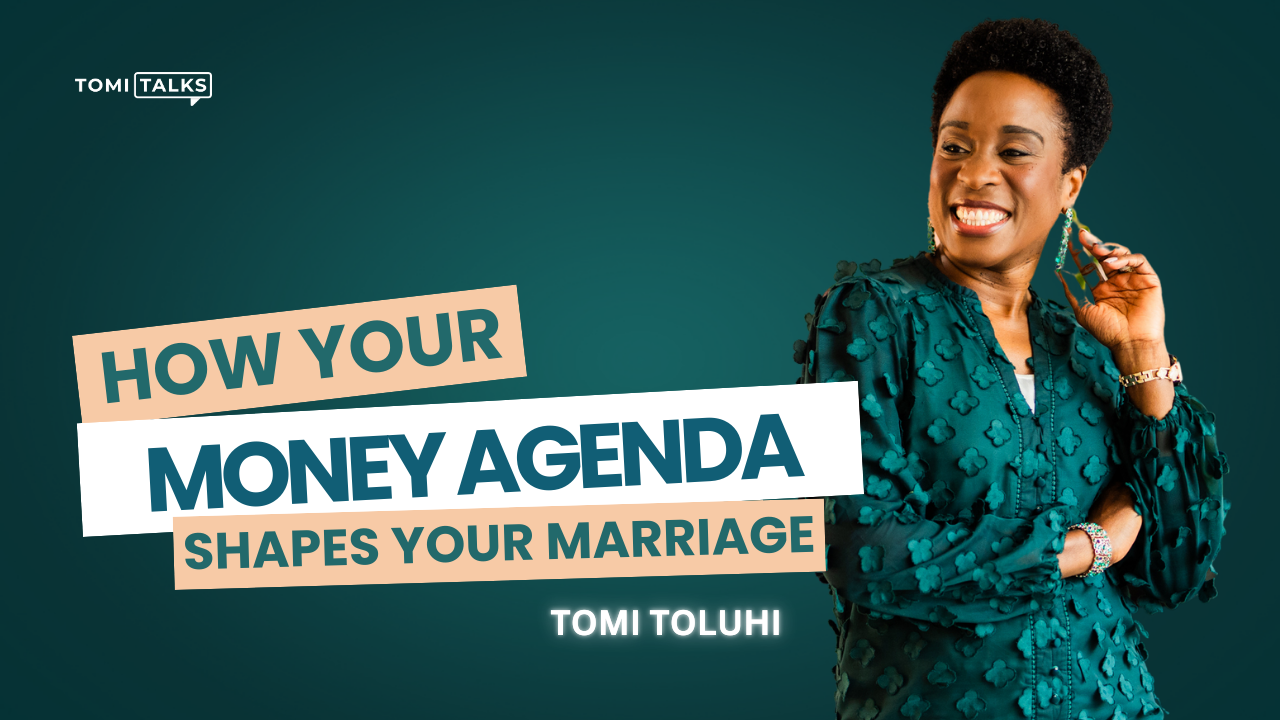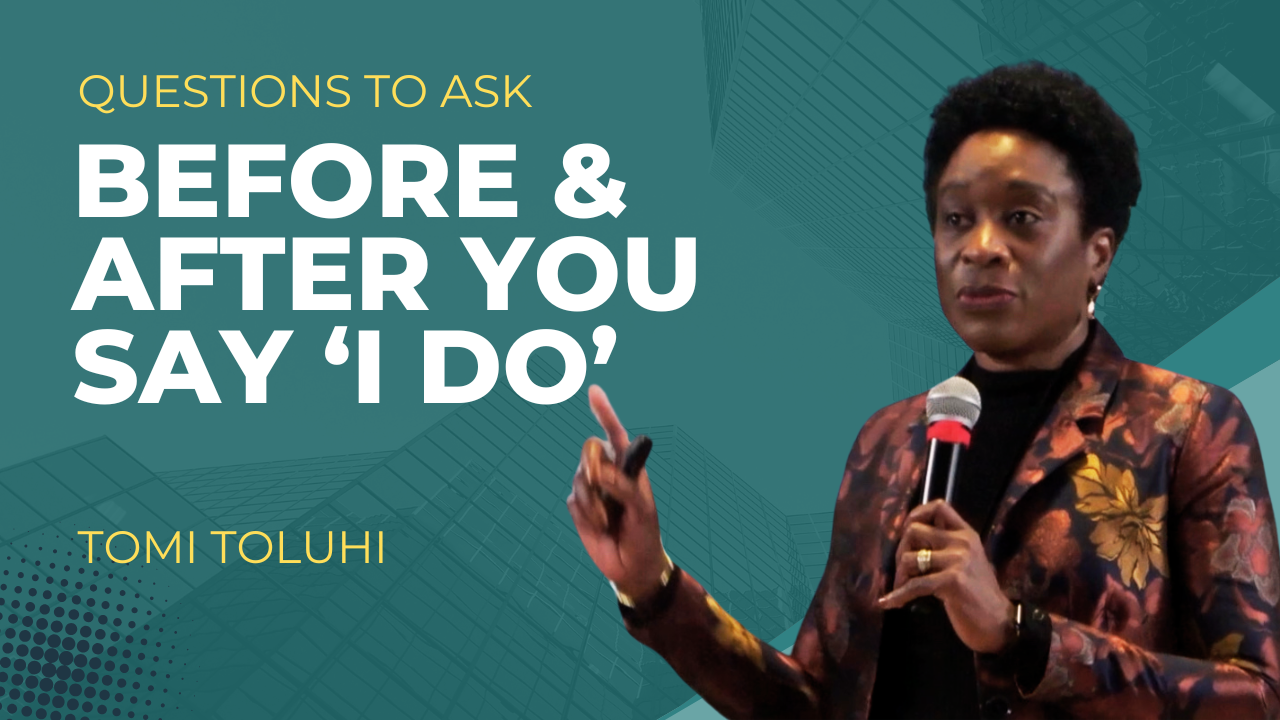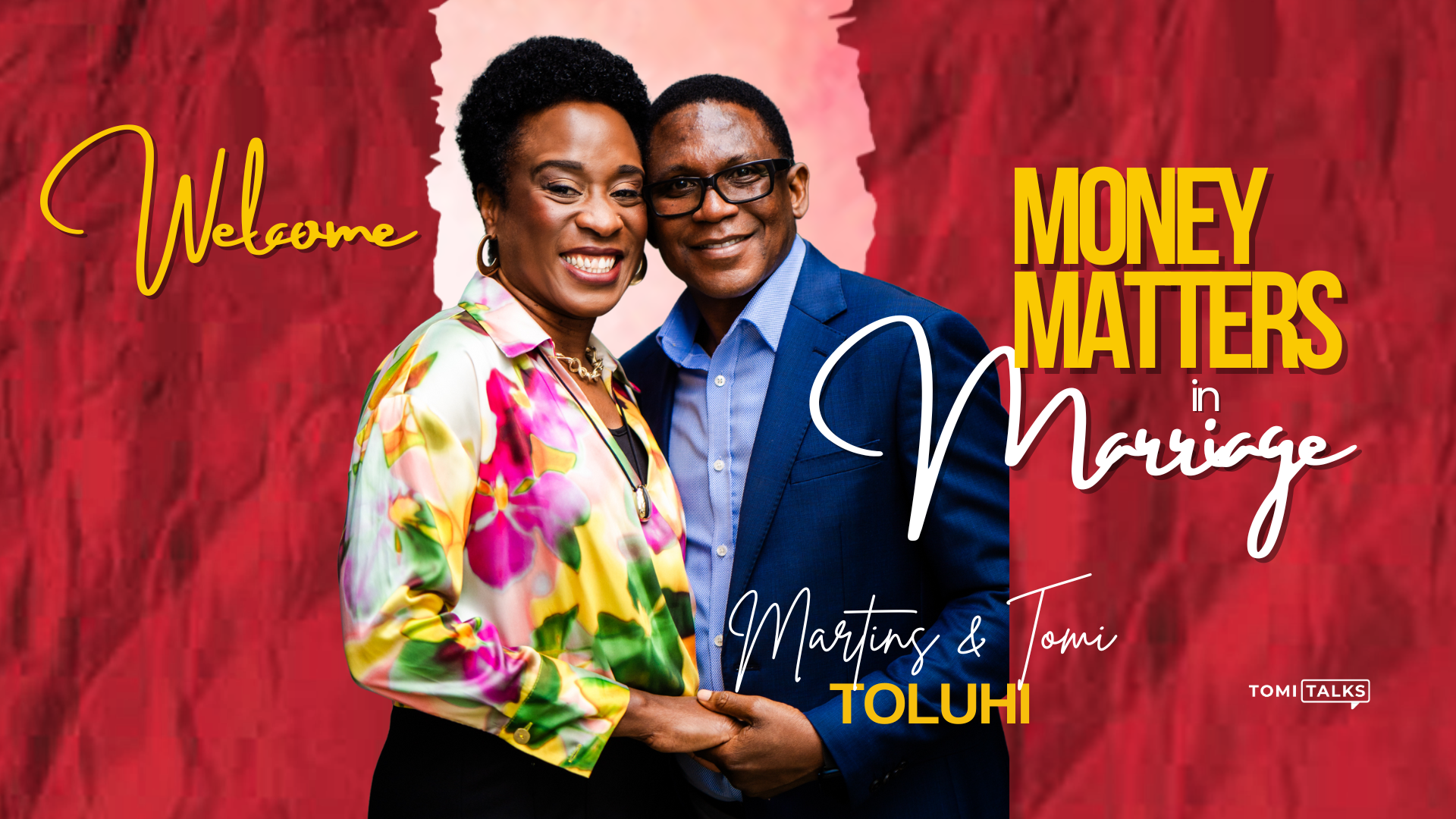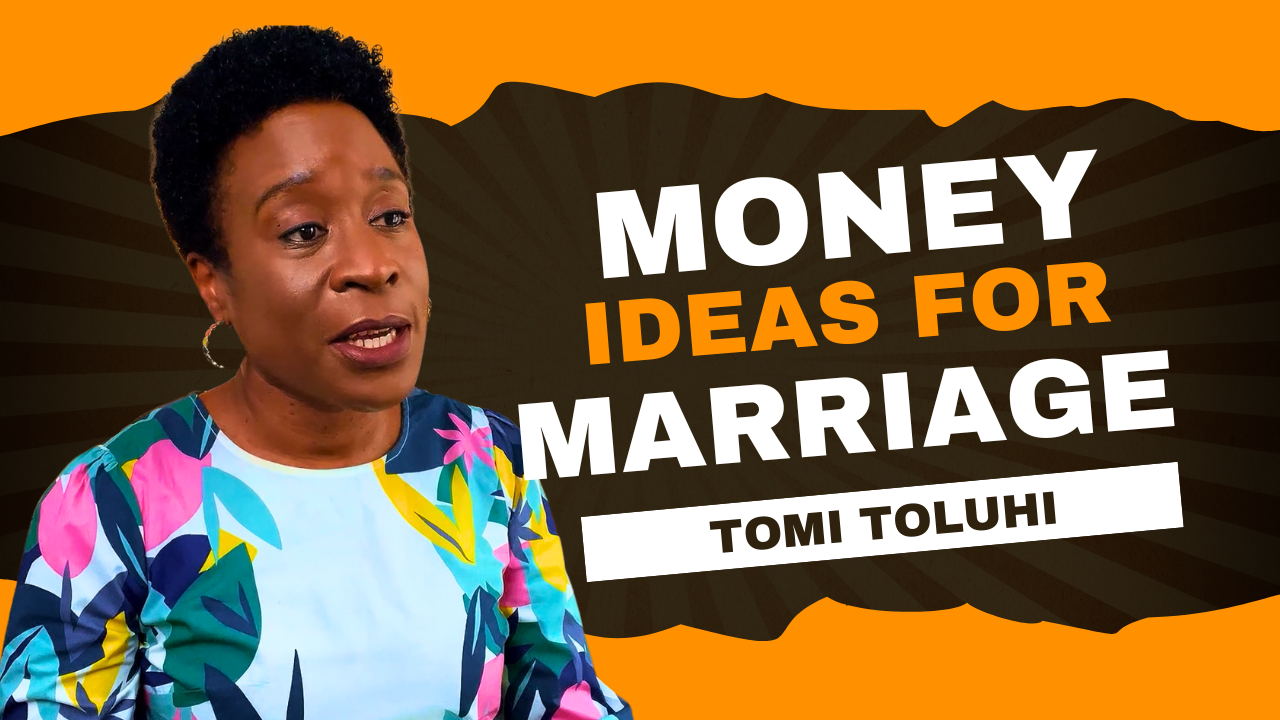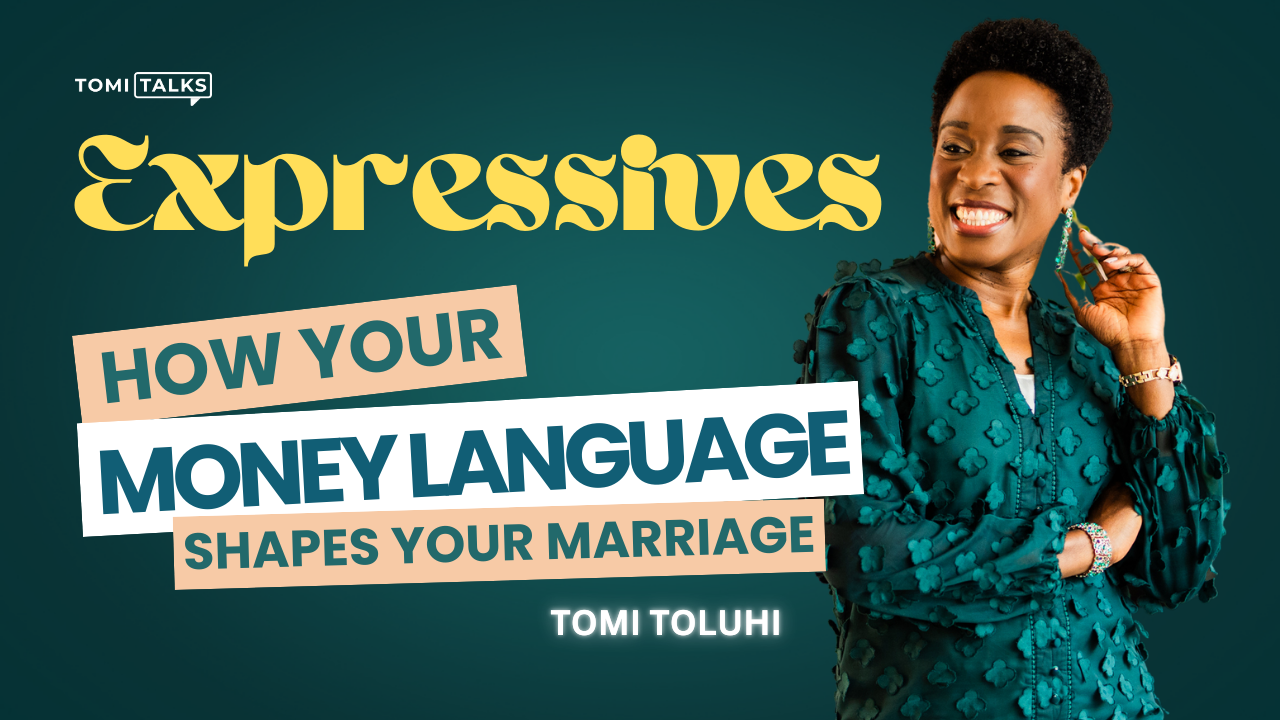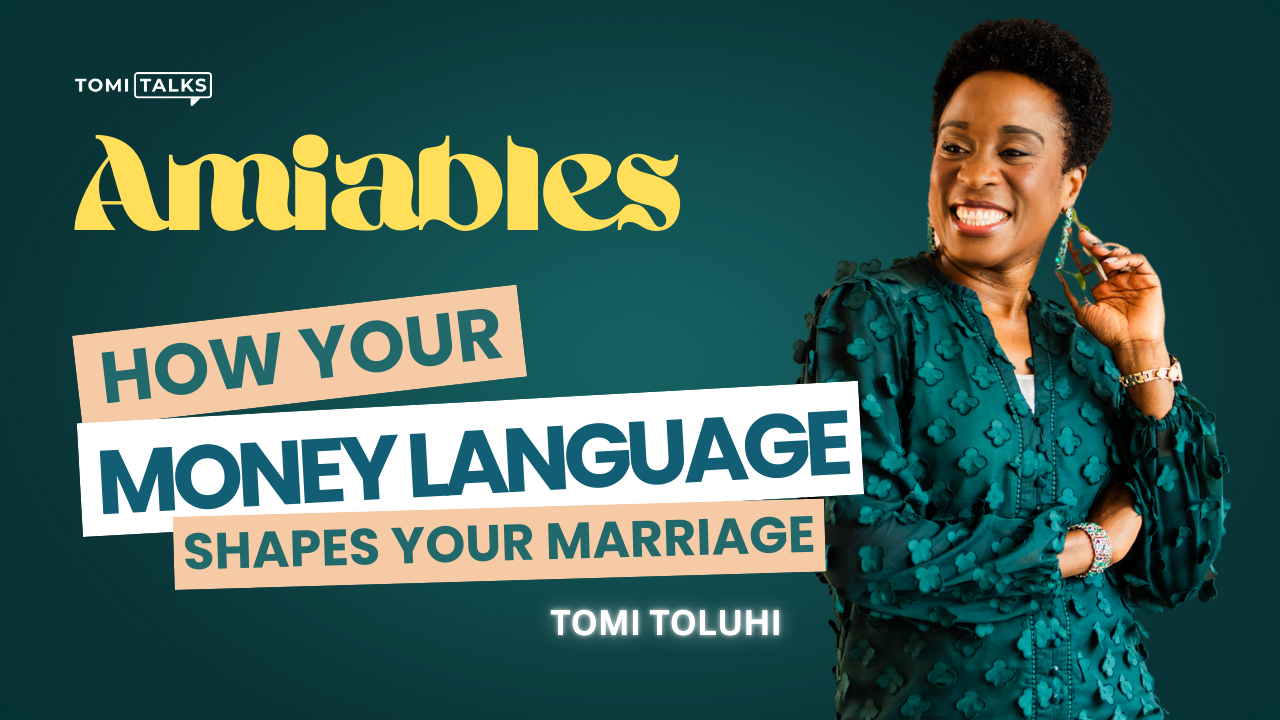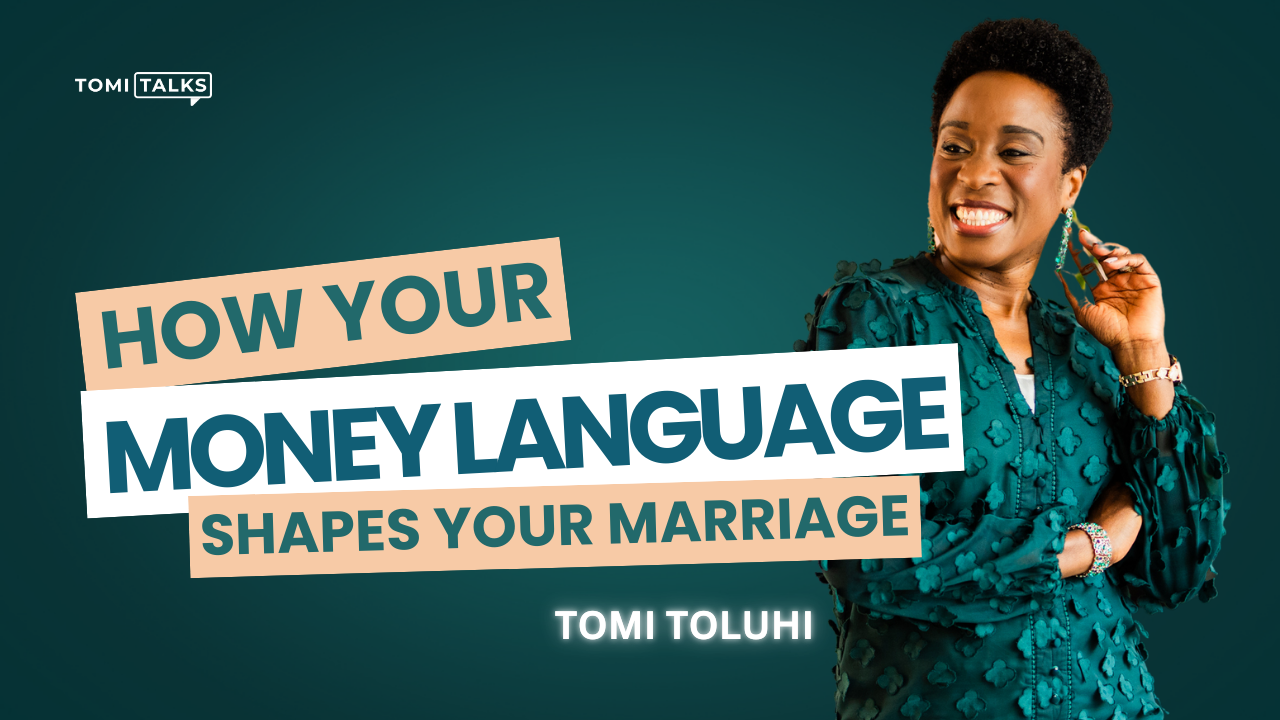How assumptions can improve your marriage
When your spouse upsets you, what goes on in your mind at that moment? When the love of your life says or does something that hurts you, where does your mind go in the next few minutes? The answer to these questions may be a major secret to your level of satisfaction in your marriage. Research has proven that one of the distinctive traits of happy couples is that, when hurt by their spouse, both individuals instinctively believe the best of their spouse rather than the worst. Conversely couples who instinctively believe the worst when their spouse hurts them tend to have turbulent marriages.
If every time your spouse hurts you, you believe that they have done it intentionally to hurt you, you will find it difficult to trust your spouse and be happy in your marriage. It takes a huge weight off the relationship when you start off from the basis that your spouse loves you and has your best interests at heart. They may not always get things right in relation to you but if you believe that their intentions towards you are noble, regardless of the outcome, it takes unnecessary pressure off your spouse. Rather than constantly trying to prove their love, they can simply focus on loving you. When you start off thinking that way, the business of loving you becomes so much easier.
Assumptions are generally considered to be negative but this is one positive assumption that will change your outlook in your marriage and consequently improve your experience in marriage. To assume something is to accept it as true without proof. If you start off believing that your spouse loves you and has your best interests at heart before they have the opportunity to prove it, it will radically transform your view of your marriage. It can be exhausting to constantly have to prove your love to your spouse before they will believe it. People who succeed at marriage believe the love before it is proven. 1 Corinthians 13:7 puts it this way:
‘Love bears up under anything and everything that comes, is ever ready to believe the best of every person, its hopes are fadeless under all circumstances, and it endures everything [without weakening].’
Believing the best about your spouse keeps your heart alive with hope, even when your relationship goes through trying times. You will notice three definite benefits when you habitually make positive assumptions about your spouse:
Resolve conflict quicker
Conflict is easier to resolve when you start off on the same team. A harmonious marriage depends on the perspective that it is you and your spouse against your problems rather than you against your spouse. Entering into conflict situations with a positive assumption at the back of your mind will temper your reaction to your spouse’s actions. If you are communicating hurt feelings with your spouse and you start off with, ‘I know you love me and probably didn’t mean to hurt me but…
’ it changes the dynamic of the conflict from a negative blame-game to a positive learning opportunity that can be resolved through constructive dialogue. It diffuses the need for your spouse to be defensive because they start off knowing that you will give them the benefit of the doubt in every situation.
Increase your feeling of wellbeing
Your feeling of wellbeing in your marriage increases when you start off with positive assumptions. Negativity sucks the joy out of a marriage, makes your spouse less attractive to you, and you less attractive to your spouse. It erects barriers between you which hinder intimacy and the free flow of communication. When you view your spouse positively, your marriage will feel more pleasant, even if your circumstances have not changed substantially. It’s all back to the glass-half-full theory. What you expect is what you experience. If you’re constantly negative about your spouse, you are unlikely to feel positive about your marriage. When you choose to take control of the narrative running in your mind regarding your spouse, refusing to dwell on negative thoughts, your marriage begins to change for the better.
Be thankful
A positive mindset will help you switch from being a hard-to-please critic to a grateful spouse. When you assume that your spouse means well, you are more likely to notice the effort, no matter how imperfect, that they put into trying to please you. If your husband works late at the office and rather than complaining constantly that he is not there for you, you try to view his effort as evidence of his desire to take care of you, it makes it easier to be thankful for his work ethic while communicating your needs positively. Philippians 4:8 offers sound counsel: ‘Summing it all up, friends, I’d say you’ll do best by filling your minds and meditating on things true, noble, reputable, authentic, compelling, gracious—the best, not the worst; the beautiful, not the ugly; things to praise, not things to curse.’
Appreciating your spouse’s effort and finding things to praise comes naturally when you focus on the positives about them.
